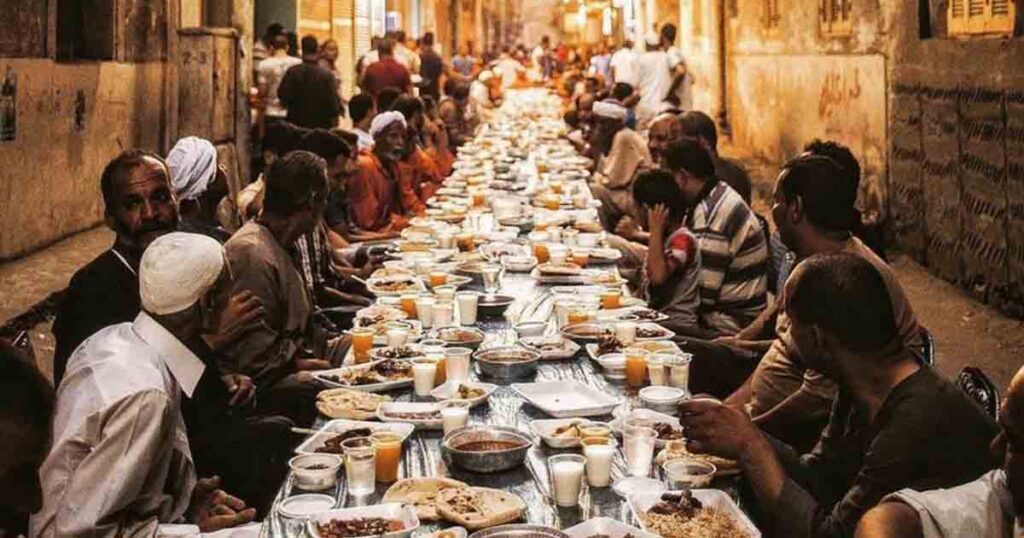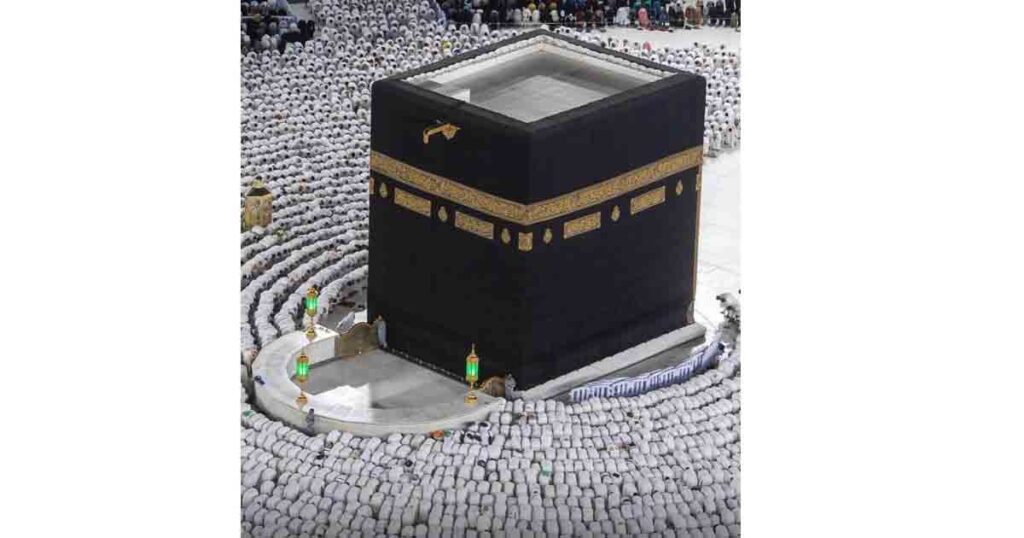Ramadan is the most sacred month in Islam

The ninth month of the Muslim lunar calendar is Ramadan. From sunrise till sunset during Ramadan, many Muslims throughout the world observe fast. This includes avoiding food, drink, immoral behaviour, and rage. Throughout the holy month, it is also encouraged to engage in other forms of worship like prayer, reading the Quran, and charitable giving. Muslims consider Ramadan to be the time when the Quran was revealed.
The major goal of Ramadan’s fast, according to the Qur’an, is for Muslim believers to develop “taqwa,” or God-consciousness. Muslims fast to develop their spirituality, patience, and humility. Muslims use this period of introspection to practise spiritual discipline, give thanks for God’s direction, and ask for pardon for their transgressions. According to reports, Muhammad himself declared that anyone who fasts throughout Ramadan in the hope of receiving a reward from Allah will have all of their prior transgressions pardoned.

The meal from Dawn is called ‘suhur’. The fasting starts after suhur. Muslims break their fast with a meal called iftar, which is frequently eaten with friends and extended family, in their homes or mosques. As was the practise of Muhammad, the ifr typically starts with dates, apricots, water, or sweetened milk. The tawar prayers are supplementary prayers that are offered at night and are best conducted in congregation at the mosque. Over the course of the month of Ramadan, the complete Qur’an may be recited at these prayers. In several nations with a majority of Muslims, daytime working hours are changed and occasionally shortened to make room for such evening worship. Eating and drinking are only permitted according to the Qur’an until the “white thread of light becomes discernible from the dark thread of night at dawn”.
Pregnant or nursing women, children, the old, the weak, travelers on long journeys, and the mentally ill are all exempt from the requirement of fasting.
Suhur, the breakfast eaten before the sun rises, is an important element of many people’s morning rituals. Although many people eat in moderation during this meal and some people skip it entirely in order to begin their fast from the moment they wake up, eating and drinking before the sunrise makes it easier to fast throughout the following hours.
While not all Muslims partake in suhoor as part of their Ramadan observance, everyone does consume iftar, the meal that marks the end of fasting and takes place after sundown.
It is typical to start this meal with a few dates or other little bits and then, after evening prayers, to eat a substantial dinner made up of traditional Ramadan delicacies. Iftar is more than just a chance to fill up on food for the day; it’s also a chance for solace, camaraderie, and celebration. It often involves feeding others—especially persons in need—and in this way extends the principles of the Ramadan holiday and the purposes of the practise of the Ramadan fast.










